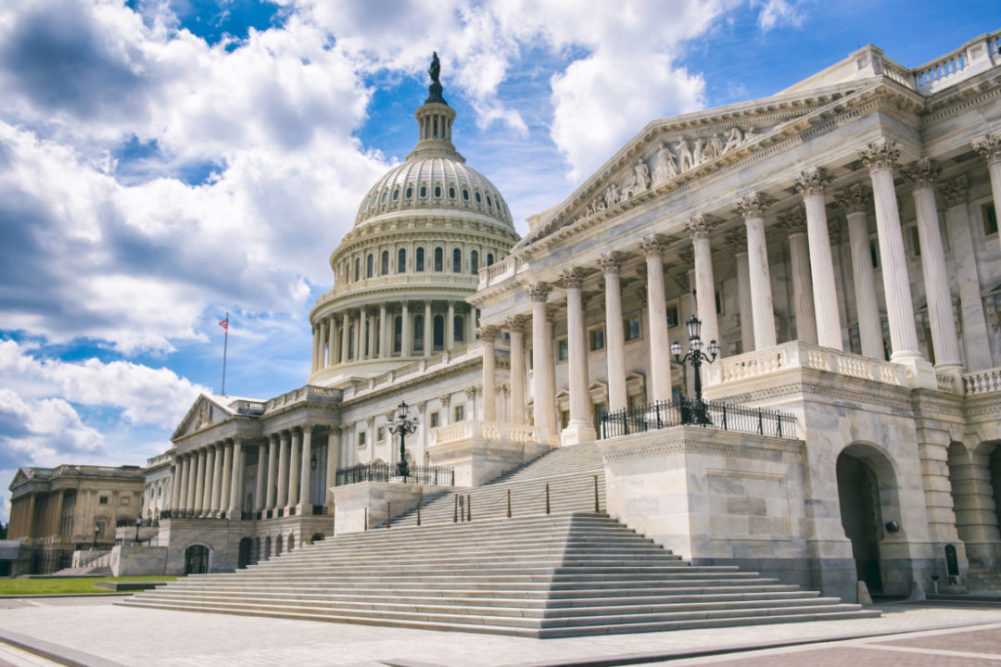WASHINGTON — US Representatives Randy Feenstra (R-Iowa) and Elissa Slotkin (D-Mich.) introduced legislation to support healthy competition in the meat and poultry industries. The Livestock Consolidation Research Act would direct the US Department of Agriculture’s Economic Research Service (ERS) to conduct a study on the impact of consolidation on livestock producers.
The study would encompass beef, dairy, pork and poultry industries, including broilers, eggs and turkeys.
Following the research, the ERS would report how consolidation has affected new market entrants, access to resources and consumer purchasing power.
“Competition is vital to a functioning and fair economy. In my conversations with producers — especially Iowa cattlemen — there is frustration that the current marketplace, with such few players, can harm and push out family farms and small producers,” Feenstra said. “I’m excited to work with Representative Slotkin to introduce the Livestock Consolidation Research Act to study the impact on our family farms, communities, and businesses of consolidation throughout the meat supply chain. This legislation will help us understand what is truly happening in the industry and root out any discriminatory practices.”
Slotkin pointed out that the COVID-19 pandemic revealed vulnerabilities in the meat and poultry industries. With this bill, the legislators seek to address any weaknesses in food security.
“Growing up, my family was in the meat business, so supporting small livestock producers will always be a priority for me,” Slotkin said. “As large corporations have captured more and more of the livestock industry, family-owned farms have been feeling the pressure. And as we saw during the pandemic, meatpacking consolidation leaves our food security and national security vulnerable if a producer goes down — not to mention increasing prices for working families. This legislation will make sure we’re taking a hard look at the impact of consolidation, so we can ensure farmers, ranchers and consumers aren’t left unprotected.”


